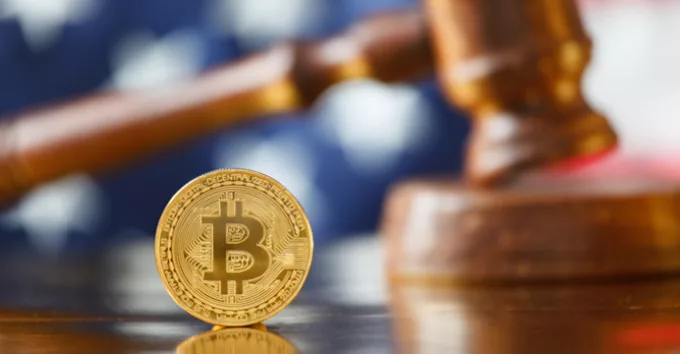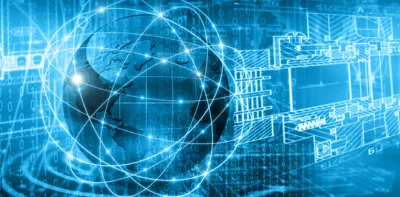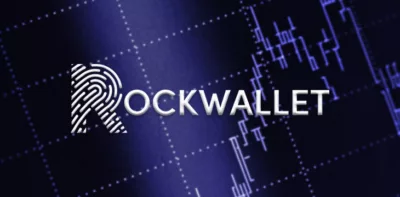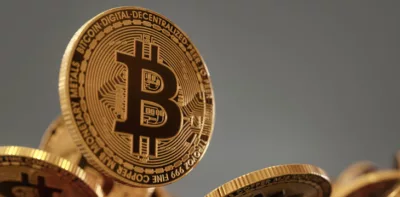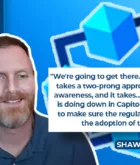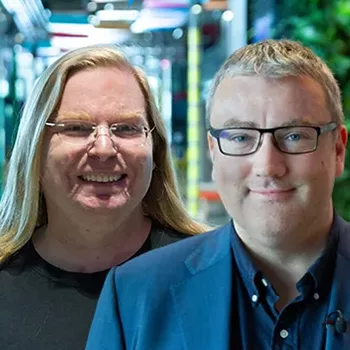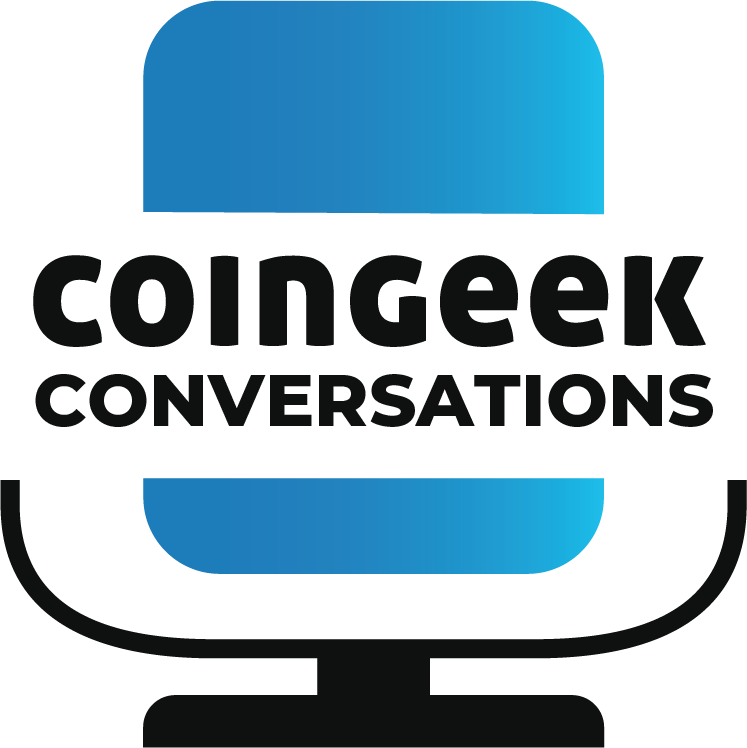Latest Blockchain News
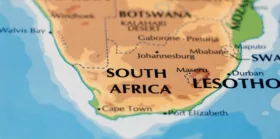
South Africa issues digital currency licenses to Luno, VALR
The Financial Sector Conduct Authority announced in 2023 that all VASPs had to obtain a license or shut down by the end of the year.

India’s Blockchain for Impact allots $150,000 to IIT-Kanpur for advancements in healthcare
BFI will support IIT Kanpur in promoting entrepreneurial initiatives through the institute's SIIC, with the aim of developing solutions that address critical gaps in India's healthcare sector.
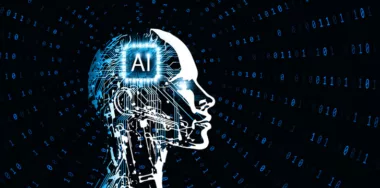
Massachusetts AG releases AI advisory for enterprises amid soaring adoption rates
Massachusetts AG's advisory took swipes at the “false advertising” in AI and warned that AI firms engaged in deceptive marketing could face dire sanctions under the state’s consumer protection rules.
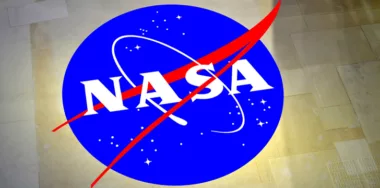
NASA astronauts train for future space missions with VR metaverse
The studies will recreate the tasks that astronauts are expected to face in the space, NASA will rely on the expertise of SpaceX's Raja Chari and Nicole Mann who led Crew-3 and Crew-5 missions.
Shawn Ryan talks about what’s new in BSV on CoinGeek Weekly Livestream
In this episode of the CoinGeek Weekly Livestream, SmartLedger CEO Shawn Ryan details the discussions that took place in Capitol Hill, the halving season, and the latest developments in BSV.
Sreenath Rangapuram talks supercharging mobility with AI and blockchain
Sreenath Rangapuram is the founder of Ride Commerce, a company using artificial intelligence and blockchain technology to reduce operating costs for mobility firms by up to 20% per kilometer.
At the first Block Dojo Philippines bootcamp, CoinGeek Backstage spoke with Jaimee Ligan about RealFlip (formerly SwiftClose), her startup that aims to revolutionize real estate with blockchain.

